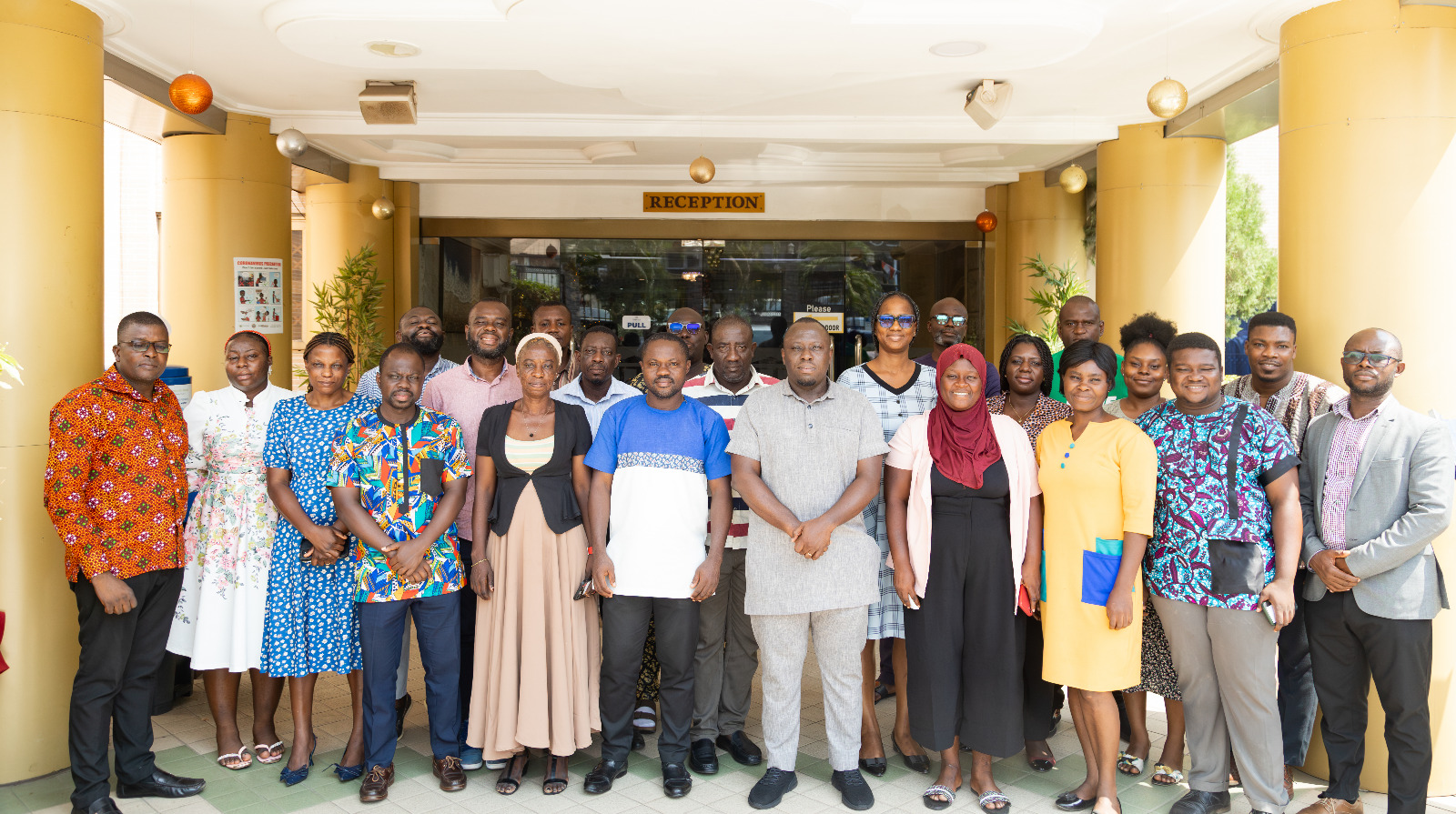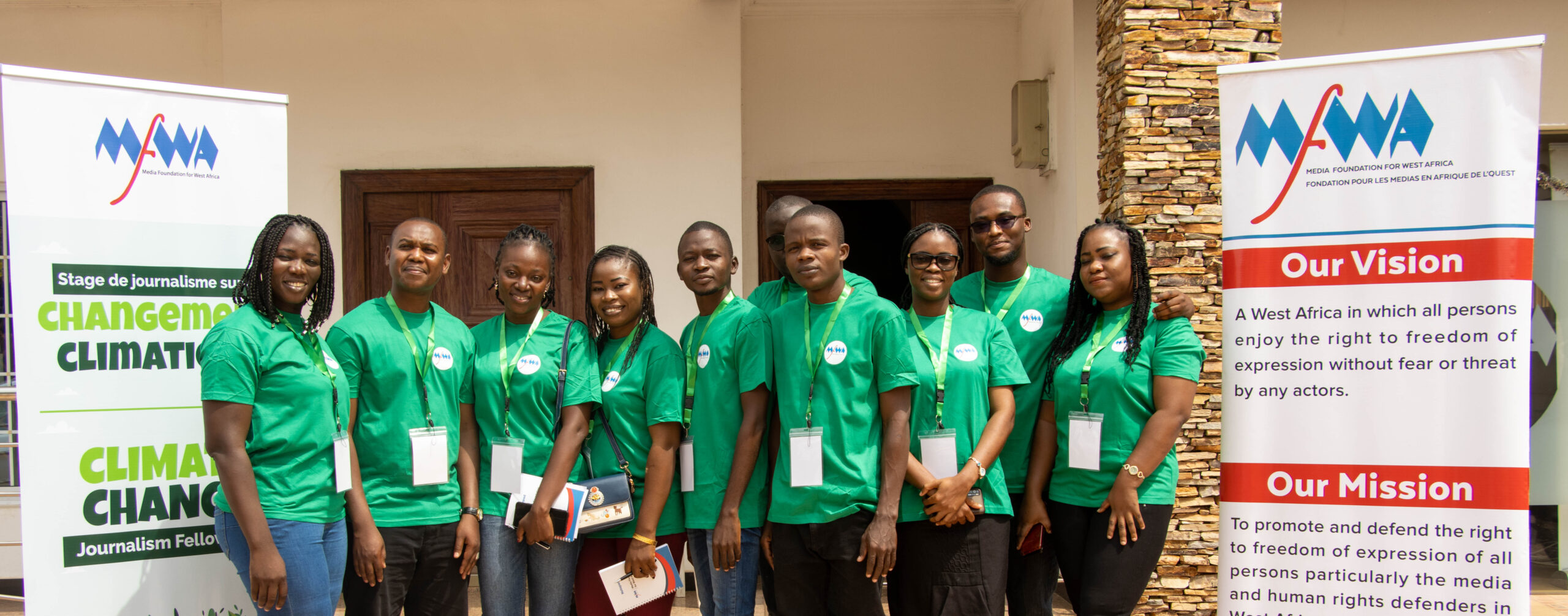Tamale is one of the largest and fastest growing cities in Ghana. It is the capital of the Northern Region and home to about 360,000 people. Yet 7 out of 10 residents defecate in the open—a poor sanitation practice where people excrete in open public spaces and not into a designated toilet.
Ghana is ranked second in Africa in open defecation—after Sudan—with 19 percent of the population resorting to extremely bad sanitation practices., At the country level, Northern Region is second-to-last in the practice of open defecation in the whole country. Only 5 percent out of the total population of Tamale have toilet facilities in their homes whereas 13 percent of the population are committed to the use of the facilities.
The Tamale Metropolis and Sagnarigu Municipal are among the most developed cities in the Northern Region, but the performance of the two in relation to managing sanitation has not been encouraging. Over the past three (3) years, the two cities have been at the bottom of the League table on open defecation in the region. For instance, the 2017 league table on open defecation scored the Tamale Metropolis 26 out of 27 cities in the region.
Residents in these two cities remain worried as the menace correlates directly to the increased cases of cholera, typhoid and dysentery at the hospitals and also constitutes a major health risk to them.
To help address the critical issue of Open defecation and poor sanitation, the Media Foundation for West Africa (MFWA) in partnership with Hope for Future Generations, a water and sanitation advocacy organisation, and some selected local-based radio stations in Tamale organised a citizens-local authorities dialogue – Town Hall Meeting – where key stakeholders discussed and made commitments towards dealing with the menace.
The Town Hall Meeting was organised on Thursday, April 25, 2019. It brought together over 300 participants including Officials of the Local Assembly, Coalition of NGOs in Water, Sanitation and Hygiene (WASH), Chiefs, Women groups, Youth groups, Civil Society Organisations (CSOs), and other key stakeholders. The event was broadcast live on five influential media outlets in Tamale – 123 FM, Radio Savannah, Radio Tamale, Diamond FM, and Zaa Radio, reaching an additional 500,000 citizens. Some of the commitments and recommendations made by key stakeholders are detailed below.
Key Commitments and Recommendations by stakeholders
At the end of the Town Hall Meeting, the stakeholders made the following key commitments and recommendations:
Local Assembly Authorities
Commitment
- Will intensify efforts at cracking the whip through the implementation of the by-laws on open defecation and poor sanitation;
- To improve attitudinal change, the Community-Led Total Sanitation (CLTS) module will be vigorously pursued. (CLTS is a concept that engages community members to discuss and recommend suitable solutions to open defecation. The community is then supported by the Assembly to design and implement the action points from the recommended solutions.)
- The information vans will be activated and equipped with well-structured information to sensitise citizens on the effects of open defecation and poor sanitation. The information van will also educate citizens on the existing by-laws that will be implemented by the authorities in curbing the open defection menace.
Chiefs
Recommendation
- Call for the introduction of the “SAMA SAMA” (sanitation police) in the communities. “SAMA SAMA” is a concept that was implemented in the past to arrest households that do not abide by sanitation by-laws.
Commitment
- Promised not to intervene in the work of the Assembly officials when it comes to enforcing regulations on sanitation and punishing residents who engage in open defecation. (The chiefs made this commitment against the backdrop that some chiefs demand the release of people who flout the by-laws and practice open defecation.)
- Will advocate and lobby for the introduction of “SAMA SAMA” (sanitation police) in the communities. For example, Choggu Kpanalana, Adam Abdulai, a sub-chief of Choggu, a suburb of Sagnarigu, said a by-law would be initiated to apportion plots of land to households whose responsibility would be to ensure that such plots were clean at all times. Households would be expected to report persons who defecate in such areas to be sanctioned appropriately.
Citizens
Recommendation
- Suggested to the local assembly authorities that pictures of people who practice open defecation be shown or displayed on the information vans that will embark on education as a naming and shaming mechanism to deter people from the practice;
- Assembly authorities should also re-introduce the “SAMA SAMA” (sanitation police) for them to go around the communities and ensure people abide by the sanitation by-laws;
Local-based CSOs
Commitment
- CONNIWAS (Coalition of NGOs in Water and Sanitation) will continue to run its campaign that seeks to remind authorities to allocate budget lines to the funding of sanitation projects. There is an ongoing campaign with the Hashtag #IncreaseTheFundsNow which is aimed at increasing allocation of funds in the sanitation sector.
- CONNIWAS Zonal coordination will continue to build the capacity of members to ensure that they improve their activities on WASH (Water, Sanitation and Hygiene).
- Will Advocate for the enforcement of appropriate fines for culprits of open defecation.
Recommendation
- Partners in development are encouraged to join the campaign on social media to advocate for the increase in funds allocation to fighting open defecation and poor sanitation.
Local-based media
Commitment
- Will intensify public sensitisation and education on the dangers of open defecation through their programmes and news reporting.
- Will invite authorities from the Assembly to continuously educate the public on the effects of Open defecation to address the attitudinal challenges.






